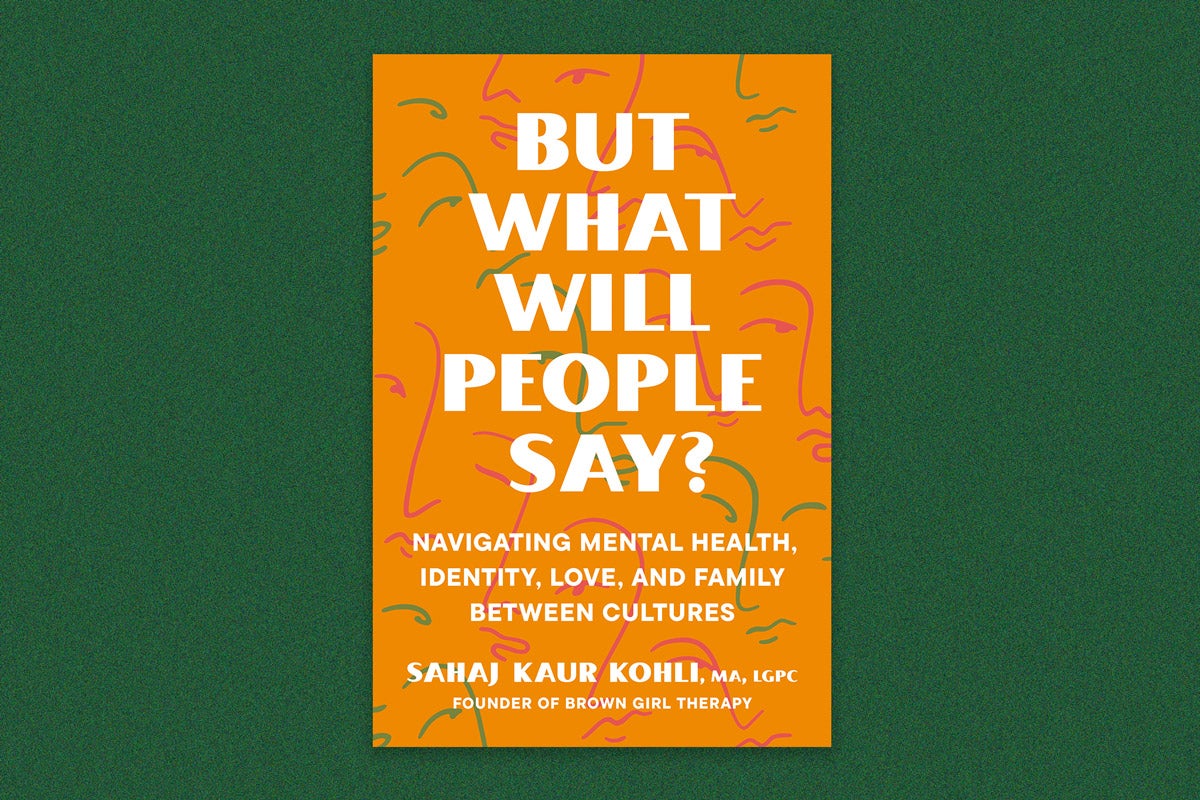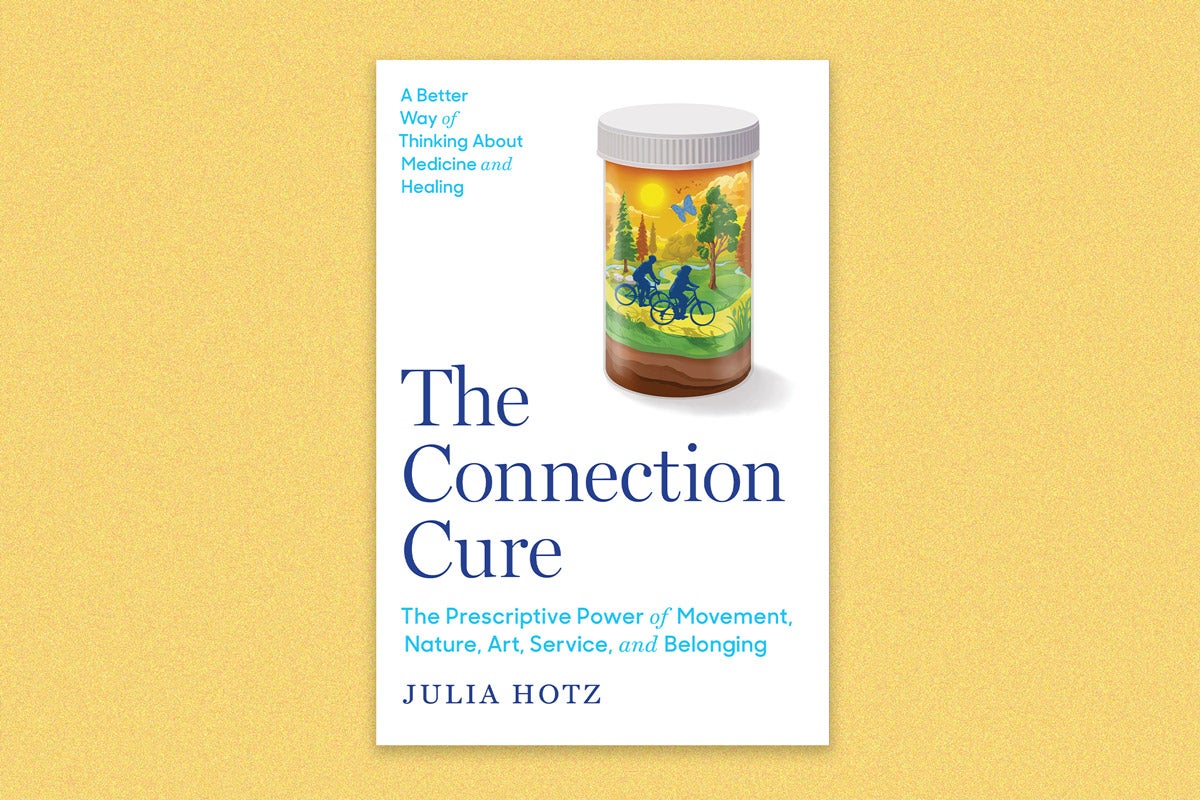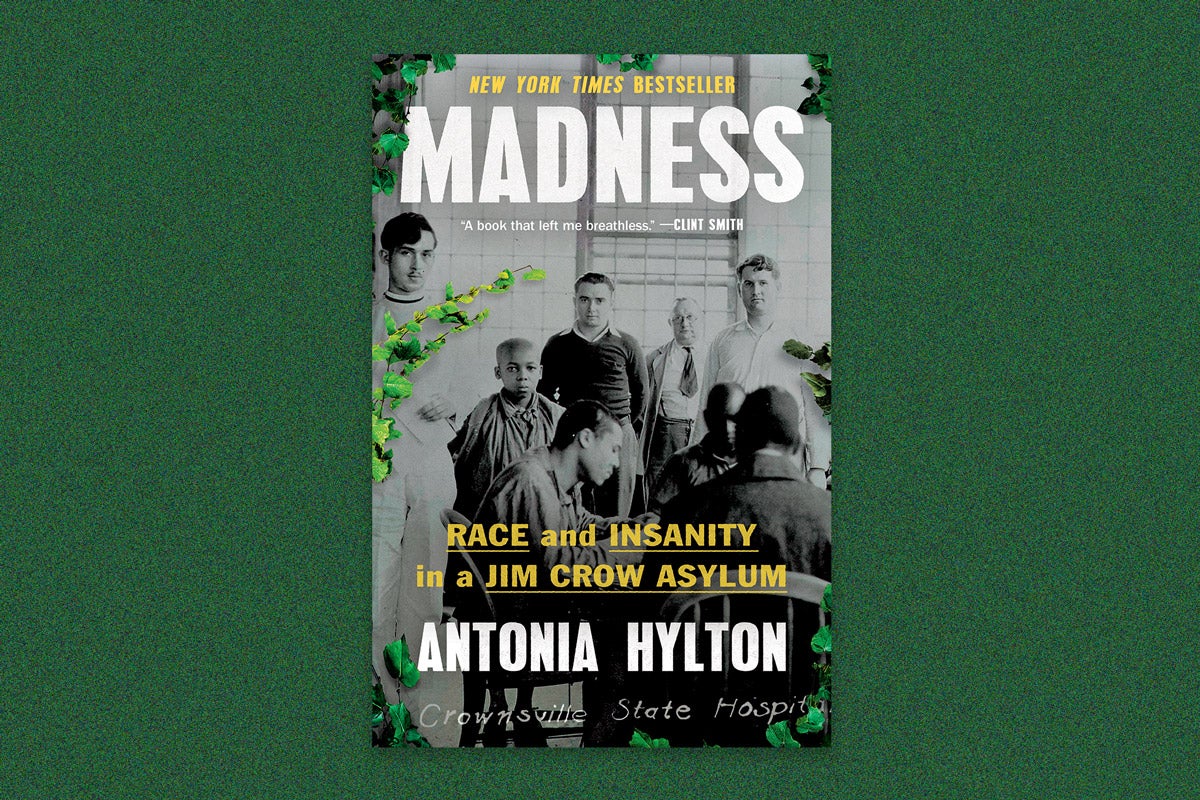Opinion
Fountain House saw my strengths, not just my illness
This article is part of Public Health in Action, a new series from Harvard Public Health and The Studio that examines mental health programs across the U.S. that produce results.
I became involved with Fountain House in 2020, ten years after I was diagnosed with a serious mental illness during my first year of college. By then, I had been in and out of treatment several times, and I have been in multiple programs ever since, including two partial hospitalization programs, an intensive outpatient treatment program and a continuing day treatment program. I didn’t find these interventions very beneficial because they tend to focus on what is wrong with the individuals in their care.
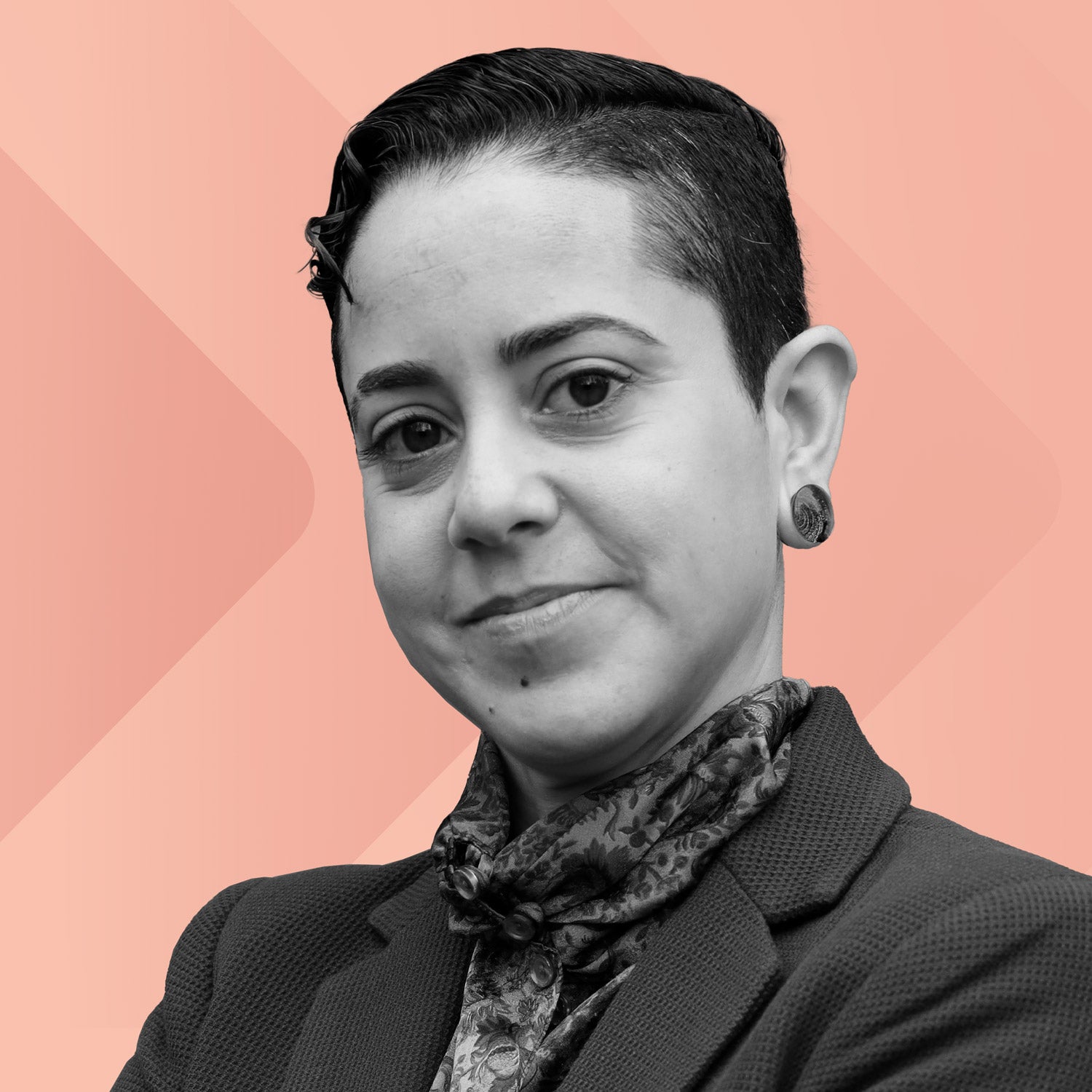
Fountain House and the clubhouse model it pioneered are different. They emphasize the strengths of people with serious mental illness, including the fact that we are capable of making decisions and should have a say in how we are treated. For example, in a clubhouse, there are no “patients;” we are all members. It’s an important distinction because members choose to be there and are involved in every aspect of our organization—from janitorial work to shaping our advocacy efforts and decision-making. We believe in the principle “nothing about us without us.” Members also choose how often to come to the clubhouse—memberships do not expire—and which social practitioner they want to work with.
Keep up with the series
In our day-to-day, we support one another. We don’t focus only on our diagnosis but because we work closely together, social practitioners tend to know when something is off and can help us. They also help with things like applying for government benefits. For example, Fountain House helped me find housing. I’m also currently pursuing a master’s in public health at the CUNY Graduate School of Public Health and Health Policy; it was the work experiences I had at my clubhouse—like working in our research unit and in our outreach program for people experiencing homelessness and substance use disorders—that gave me the qualifications I needed to apply for the program. In other words, Fountain House put me in a place where I could move forward.
Joining Fountain House and spending time on the farm we have in High Point, New Jersey changed my life. The types of activities we did felt meaningful. We were planting, chopping wood, and preparing meals together. More importantly, it showed me how wonderful it is to be part of a community where people support each other. It’s just human nature. We are not meant to be alone. I now see social health as a major component of mental health.
While Fountain House was the first to pioneer this model, there are now more than 300 similar clubhouses in the U.S. and around the world—in Hong Kong, Australia, Norway—all offering social connections and transitional employment and helping members reach their educational goals. In 2022, I had the opportunity to attend the Clubhouse International World Seminar. I met people from everywhere—from Hawaii to Finland—who helped me realize the work I’m doing trying to expand the clubhouse model is meaningful and impactful.
Clubhouses in the U.S. currently serve about 60,000 members. That’s a drop in the bucket since there are about 15 million adults living with serious mental illness in the country. I’m committed to helping expand clubhouses because I have seen first-hand the ways they succeed where typical mental health treatment does not. Most of these programs don’t take a holistic view. They see therapy and medications as the primary approaches even though both have limitations. Medication can help relieve symptoms, but it won’t give you friends or a community. It won’t get you a job, a safe house, or an education. Therapy can be isolating too. To help someone fully recover, you need to satisfy also the very human desire for social connection.
On top of that, traditional mental health programs don’t see our strengths, and it gets tiring to having to always play the role of the sick person.
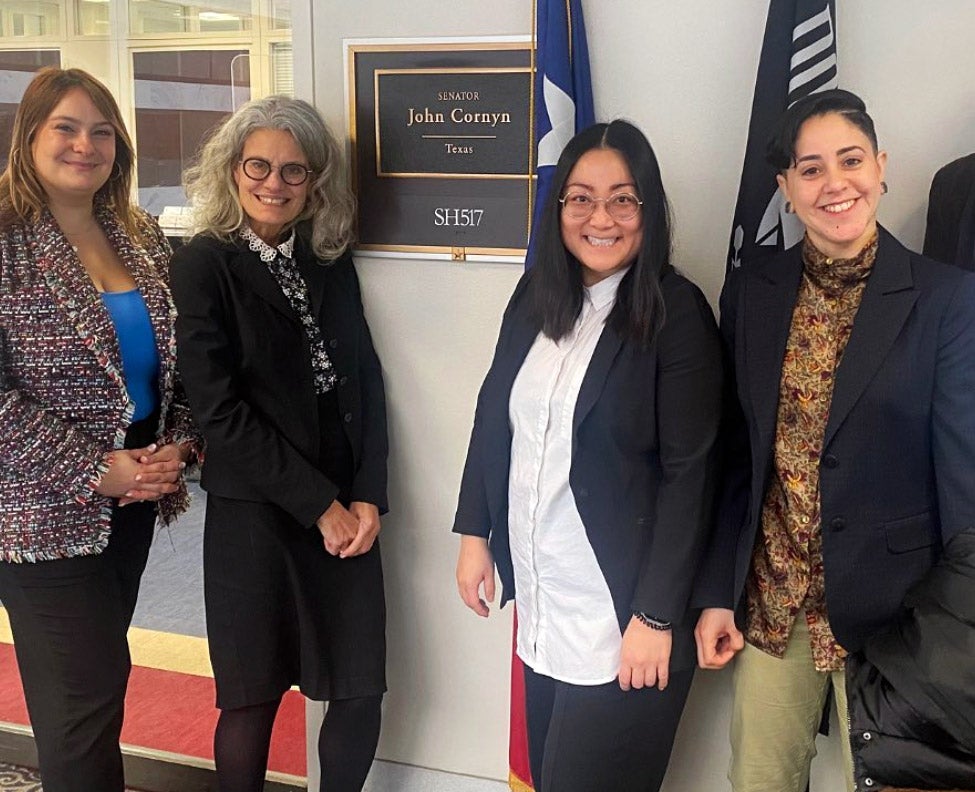
Members and staff from Fountain House after meeting last year with staff in Sen. John Cornyn's office to discuss how clubhouses address serious mental illness and social isolation. L-R: Nicole Patton, advocacy and policy manager for Fountain House; Mary Crowley, executive vice president of Fountain House; Jennifer Wang, senior director of national policy for Fountain House; and Aida Mejia, member of Fountain House and part of the organization's executive committee.
Today, I’m part of the Fountain House executive committee. I’ve been able to go to Washington to lobby in favor of the clubhouse model. I care about my community and want to improve it. I want it to be beneficial not just to me, but to everyone. Clubhouses are intentional and egalitarian communities that provide their members with support and help them feel that they can support other people too. We always talk about the need to be needed, and I think clubhouses do a very good job in providing that. When you feel needed, you feel like you have a purpose in life, and that helps with rehabilitation. When you have confidence in yourself and your community has confidence in you as well, it really helps move you forward in whatever direction you want.
As told to Giulia Cambieri, a senior writer in the Office of the Dean at Harvard T.H. Chan School of Public Health.
Photos: Courtesy of Fountain House
